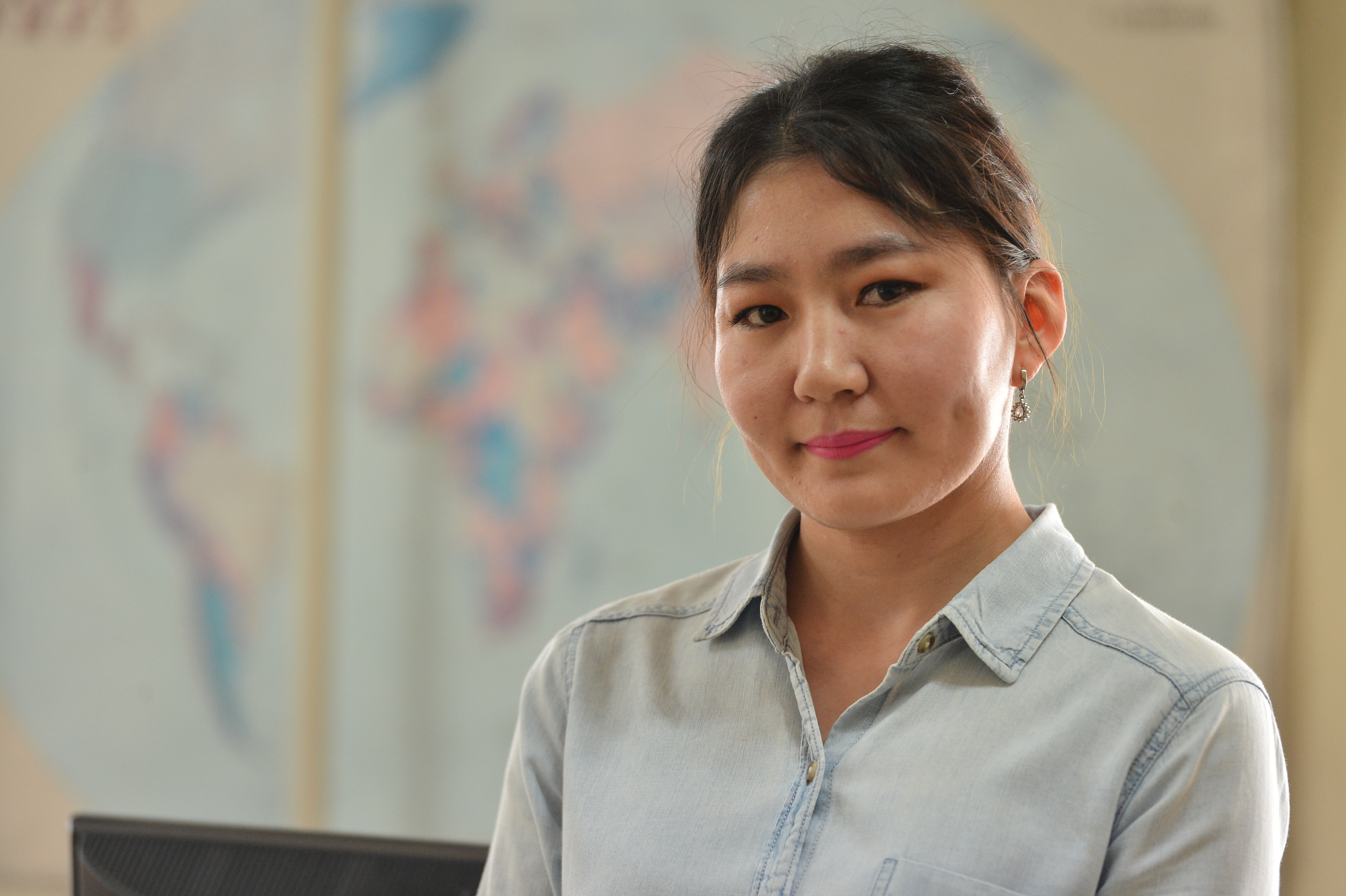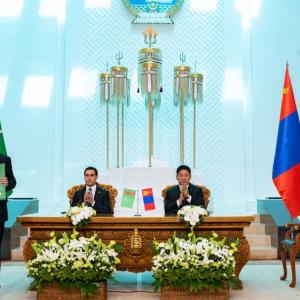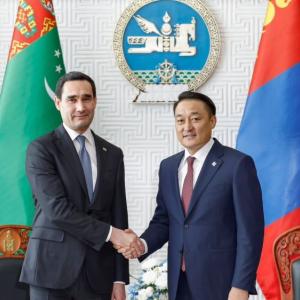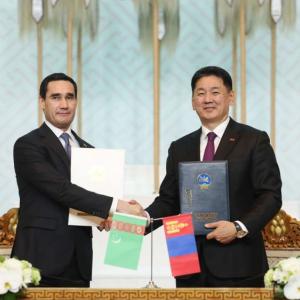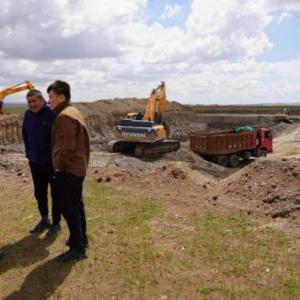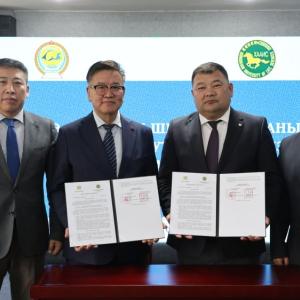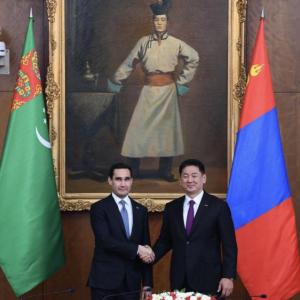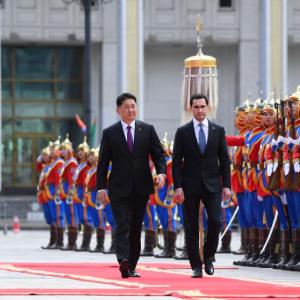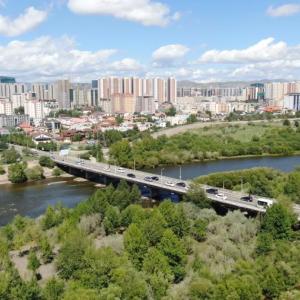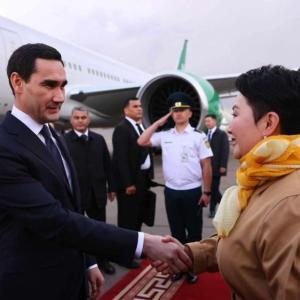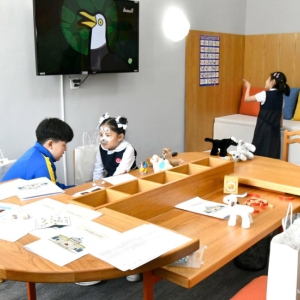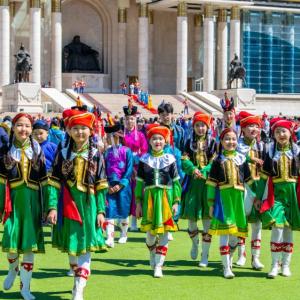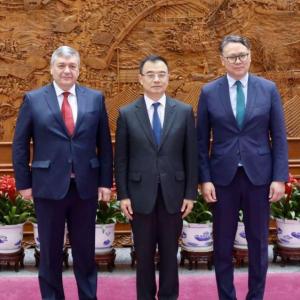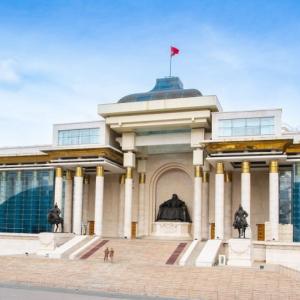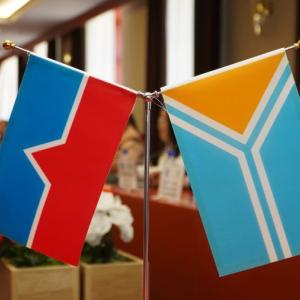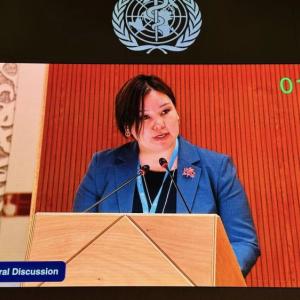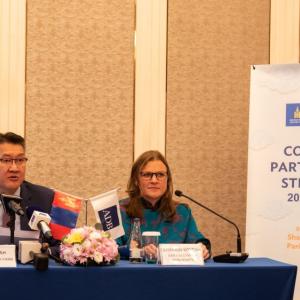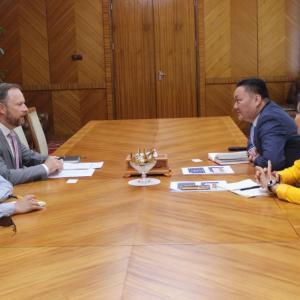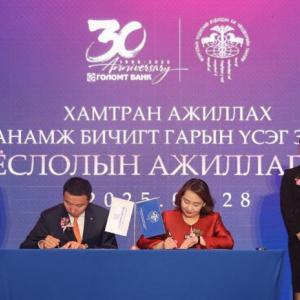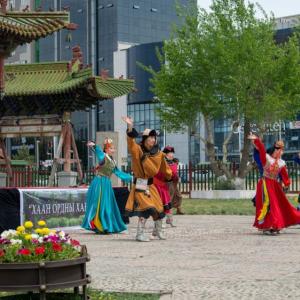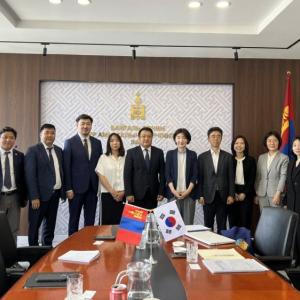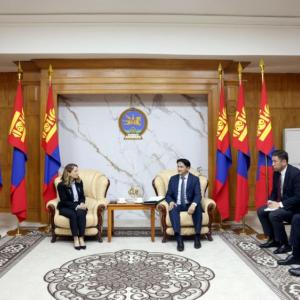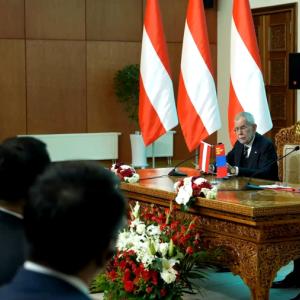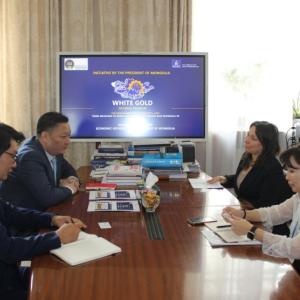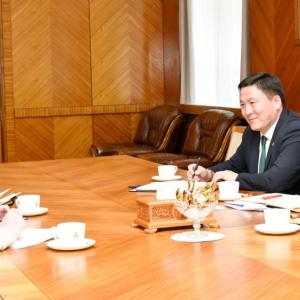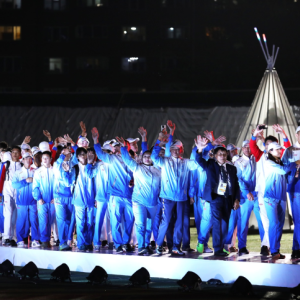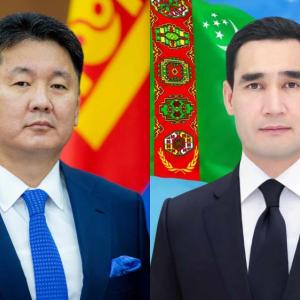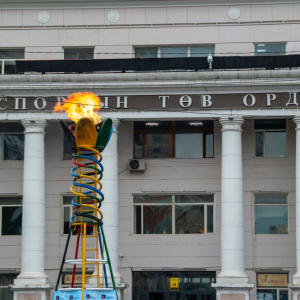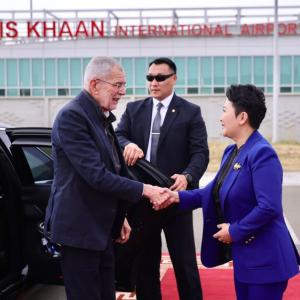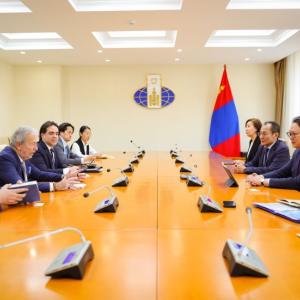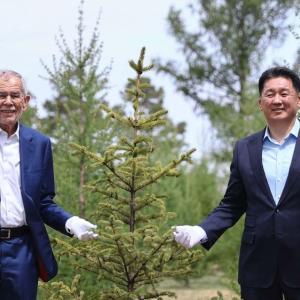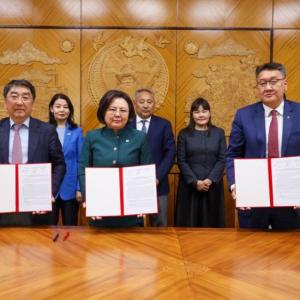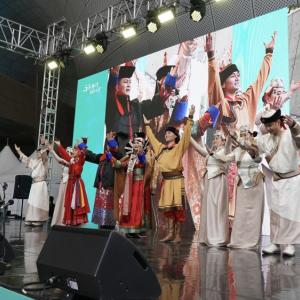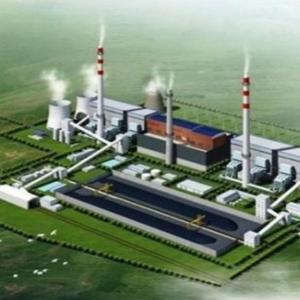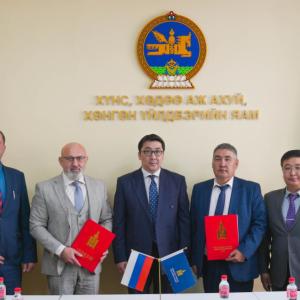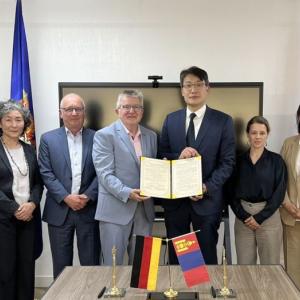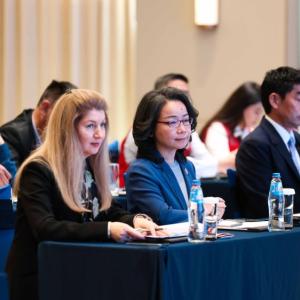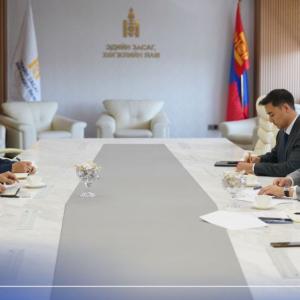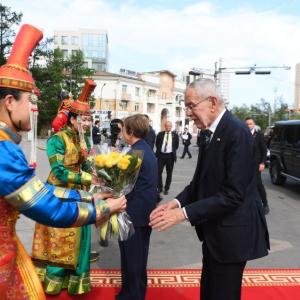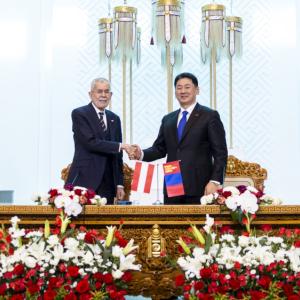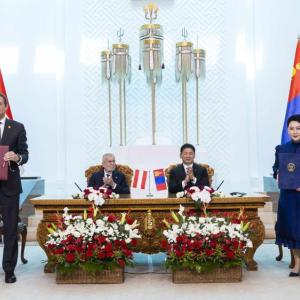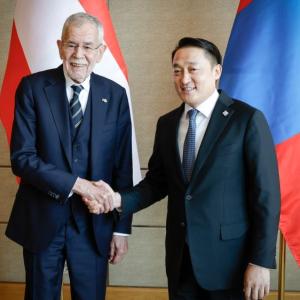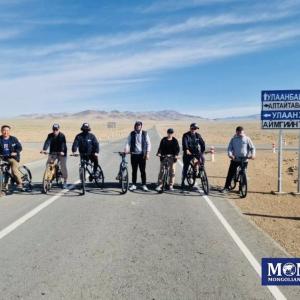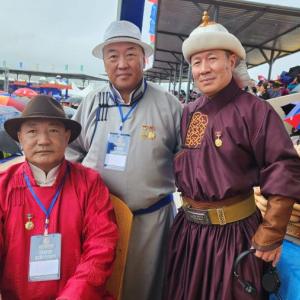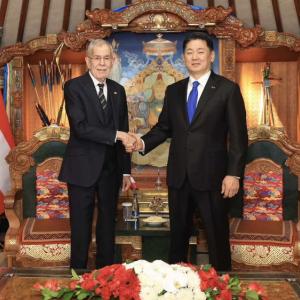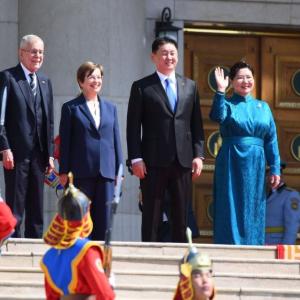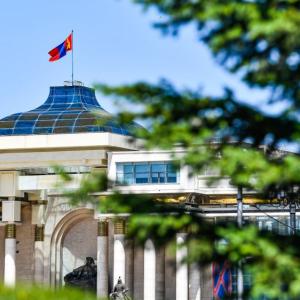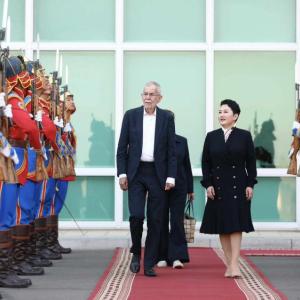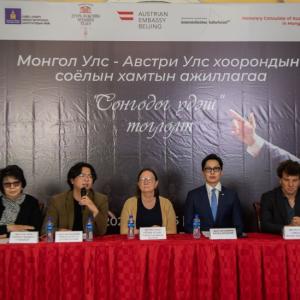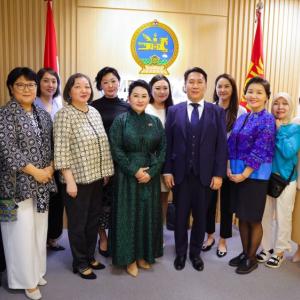Government of Mongolia and ADB sign deal to develop ecotourism in two national parks
Environment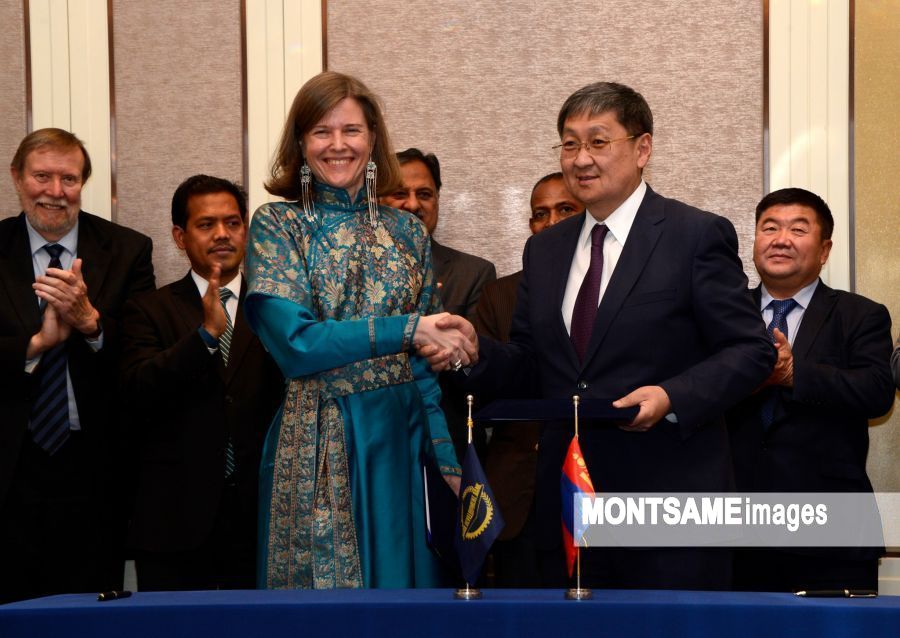
Ulaanbaatar /MONTSAME/ On June 13, The Asian Development Bank (ADB) and the Government of Mongolia signed
a USD38 million loan to develop ecotourism in Khuvsgul Lake National Park
and Onon-Balj National Park to serve as models for economically inclusive development and conservation in Mongolia.
Minister of Finance Ch.Khurelbaatar and ADB Country
Director for Mongolia Yolanda Fernandez Lommen signed the agreement at a ceremony
in Ulaanbaatar. Members of the ADB Board of Directors, led by Executive
Director Kshatrapati Shivaji, witnessed the event. Representatives from the
Ministry of Environment and Tourism also attended.
“This marks ADB’s first project loan in Mongolia to
focus on tourism and protected area management,” said Ms. Fernandez Lommen.
“ADB’s support promotes the country’s strategies and efforts to diversify the
economy, improve climate-resilient infrastructure, protect the environment, and
increase economic opportunities for residents in rural areas.”
The project will benefit around 11,000 residents as
well as improve local environmental conservation and climate change adaptation
and mitigation efforts. Khuvsgul Lake in Khuvsgul Lake National Park is
Mongolia’s largest freshwater resource, while Onon-Balj National Park is the
birthplace of Chinggis Khaan, a revered leader in Mongolia’s history.
In 2017, tourism comprised 11.4 percent of Mongolia’s
gross domestic product (GDP), while generating USD1.2 billion in revenue and
providing 121,500 jobs. Developing tourism is a government priority to help
diversify the economy. By 2028, tourism is forecast to provide 11.0 percent of
GDP, USD2.1 billion in revenue, and provide 149,000 jobs. International
visitors alone are expected to double to 1 million.
The Sustainable Tourism Development Project will
improve planning for community-based tourism that will both support visitors
but also create local income generation opportunities. It will also upgrade
tourism infrastructure, including tourism centers such as the Chinggis Khaan
Tourism Complex and ticket booths, install toilets and other waste management
facilities that will benefit both tourists and the host communities, and
improve park management to safeguard wilderness areas. It will also pilot test
Mongolia’s first tourism concession manuals and eco-certification programs for
protected areas.
ADB is committed to achieving a prosperous, inclusive,
resilient, and sustainable Asia and the Pacific, while sustaining its efforts
to eradicate extreme poverty. In 2018, it made commitments of new loans and
grants amounting to USD21.6 billion.
source: adb.org

 Ulaanbaatar
Ulaanbaatar
